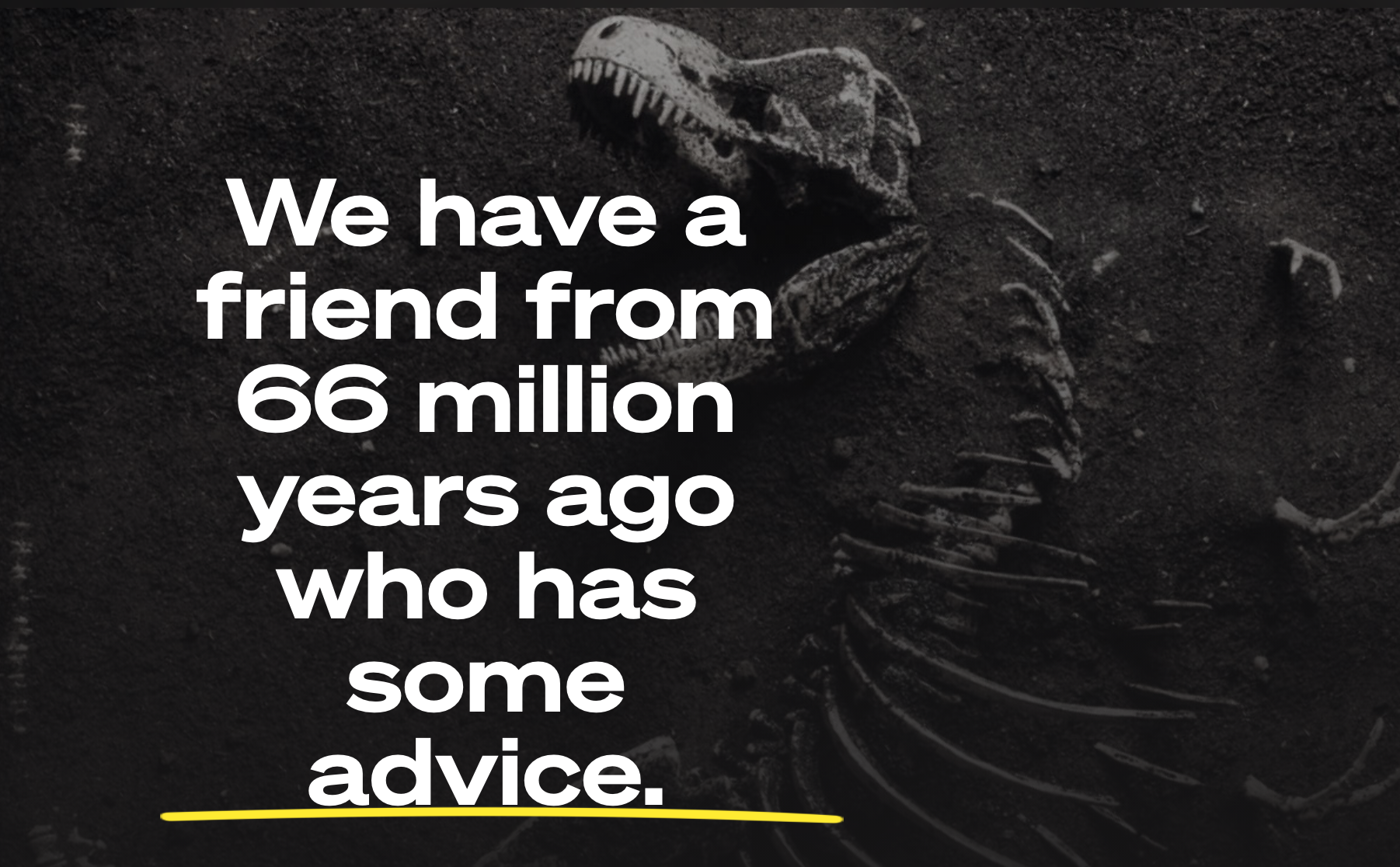This is a fantastic video just released by the United Nations in time for the COP26 global climate conference starting on 31 October. According to the new UN Development Programme (UNDP) research, the world spends $423 billion annually to subsidise fossil fuels for consumers. This is four times the amount being called for to help poor countries tackle the climate crisis, reportedly one of the sticking points ahead of COP26. When indirect costs, including costs to the environment, are factored into these subsidies, the figure rises to almost US$6 trillion, according to data published recently by the International Monetary Fund (IMF).
UNDP’s analysis highlights that these funds, paid for by taxpayers, end up deepening inequality and impeding action on climate change. The main contributor to the climate emergency is the energy sector which accounts for 73% of human-caused greenhouse gas emissions.
Fossil fuel subsidy reforms would contribute to reducing CO2 emissions and benefit human health and well-being, and they are a first step towards correctly pricing energy – one that reflects the ‘true’ and full cost of using fossil fuels to society and the environment. But UNDP’s analysis shows that fossil fuel subsidy reforms can also be unfair and harmful for households and society if they are poorly designed. Fossil fuel subsidies’ removal could easily become an income- and energy-impoverishing strategy. This contributes to making fossil fuels reform difficult, and imposes a key barrier to transitioning to clean and renewable energy sources.
According to the UNDP, this “Don’t Choose Extinction campaign” features a collective intelligence platform, the Global Mindpool, to help tackle the most important issues of our time. Linking insights from around the world – on the climate emergency, the crisis in nature and inequality – the Global Mindpool will support UNDP to better inform and equip policymakers in government, civil society, and the private sector.
As Kermit always say, it is not easy being (sustainably) green. We need to start listening to our amphibian friends. By the way, there are various versions of this video in different languages.




